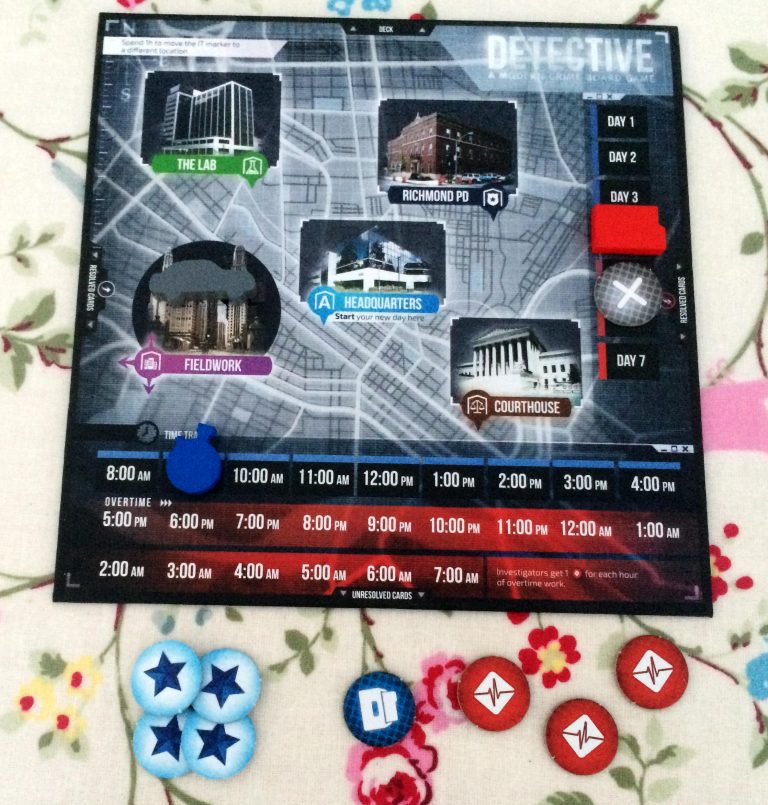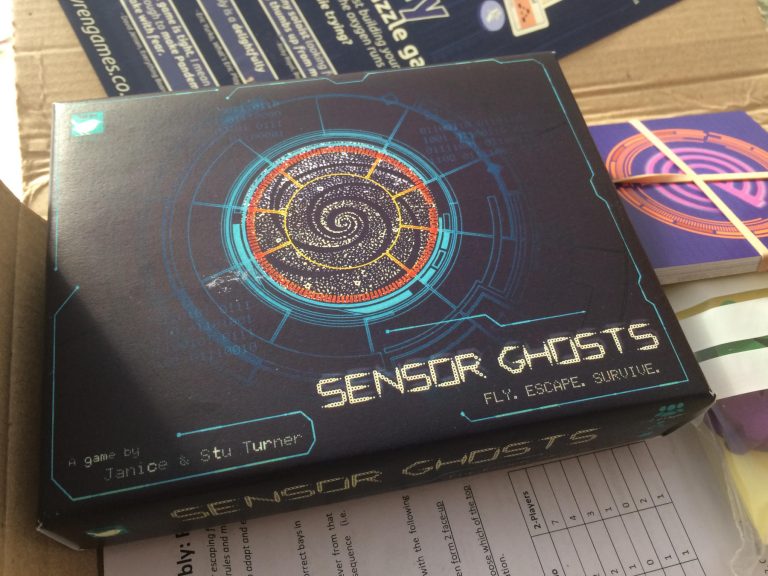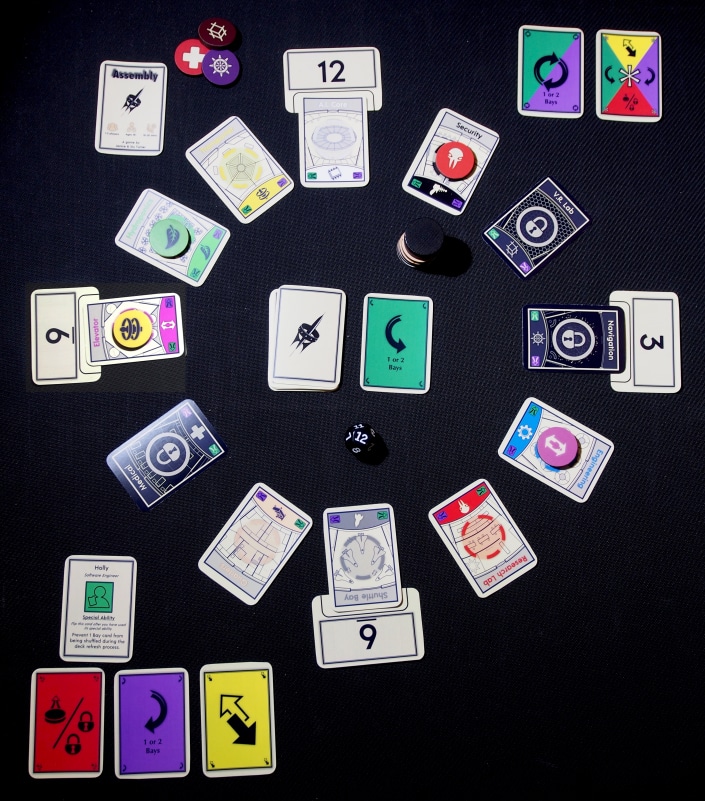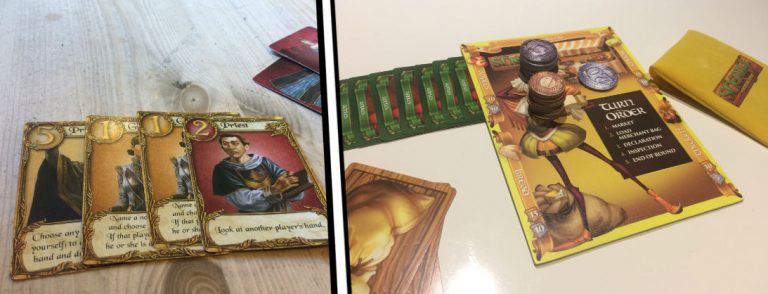Detective: A Modern Crime Board Game (Saturday Review)
The rain is relentless, pouring down in heavy sheets, making the city outside your office window appear like it is behind net curtains. The James River appears to be bubbling, but you haven't noticed any of it. You have spent the last few hours staring at your computer, checking various databases and cross-referencing intel. You drank at least six coffees, yet you're no further. Welcome to Detective by Portal Games where you're an officer in the recently created special unit of Antares. Your task is to solve curious cold cases, following up leads and doing other detective work, all against a mercilessly ticking clock.






